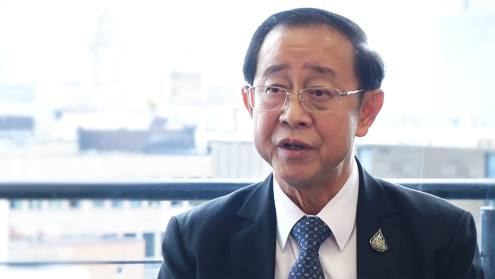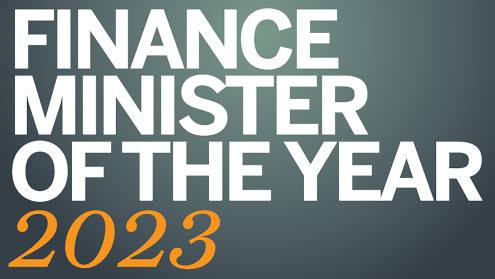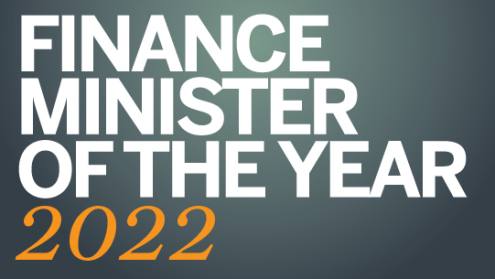Late last year, Luisa Diogo, Mozambique’s minister of planning and finance, and government colleagues met with donors in Paris to discuss aid requirements for 2004. At the end of the meeting, the World Bank’s Consultative Group on Mozambique offered the government delegation $790m, over $100m more than the Mozambicans had been asking for.
The reaffirmation of donor support for Mozambique was, according to the World Bank, an endorsement of the government’s success in implementing its poverty reduction strategy during the past three years.
The emphasis is grants (75%) rather than loans (25%) to avoid the country slipping back into a debt trap. “Our partners understand that Mozambique is implementing the second stage of the HIPC [Heavily Indebted Poor Countries] initiative and, naturally, we must be careful about any indebtedness,” said Ms Diogo.
Ms Diogo is at the vanguard of the government’s efforts to alleviate poverty, which is a daunting task in a country that is only 11 years past a devastating 16-year-long civil war and where as much as 70% of the population live in absolute poverty. Aid is crucial, accounting for up to 60% of government revenues.
Ms Diogo is central to the reform process that is crucial to tackling poverty and stimulating growth. It is possibly an overstatement to say that all reform roads lead back to Ms Diogo, but only just. For this reason, she is The Banker’s finance minister of the year for Africa.
Successes include telecommunications liberalisation, ongoing tax reform and the strengthening of democratic institutions. As a consequence, significant gains have been made in rural income growth; enhancement of sustainable agricultural production; tackling corruption; and addressing HIV/AIDS. Since 1996, $7bn in foreign direct investment has been spent in the country – 180% of gross domestic product. Progress has been slow but steady.
Ms Diogo gives short shrift to policy recommendations handed down from high. “Developing countries must deepen their knowledge and innovate, design, implement, assess, adjust and exercise ownership over their poverty reduction strategies, policies, plans, programmes and projects – which have to be tailored to the specific conditions of each country. Only if they do this serious work will they be able to formulate feasible strategies that have a chance of being successfully implemented,” she wrote in an IMF publication recently.






